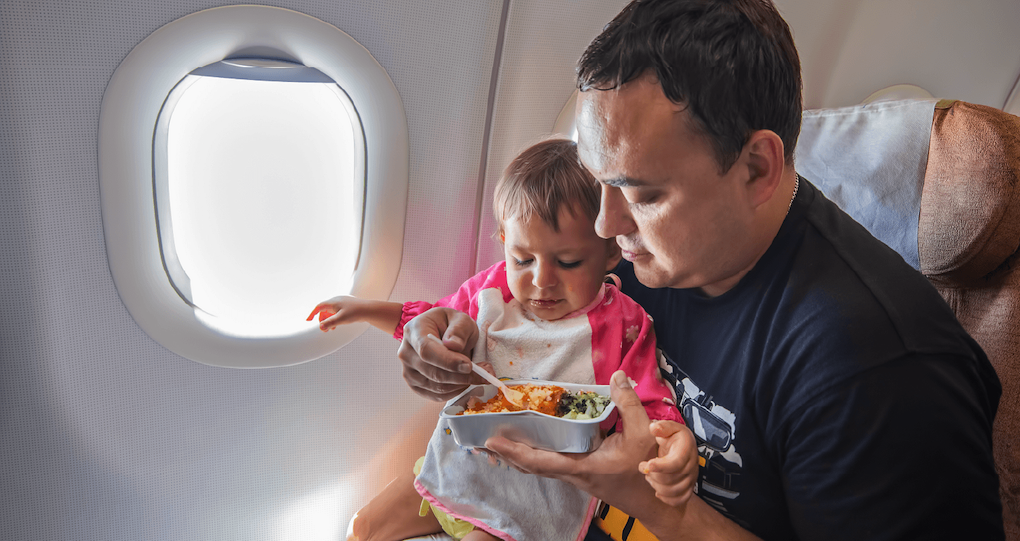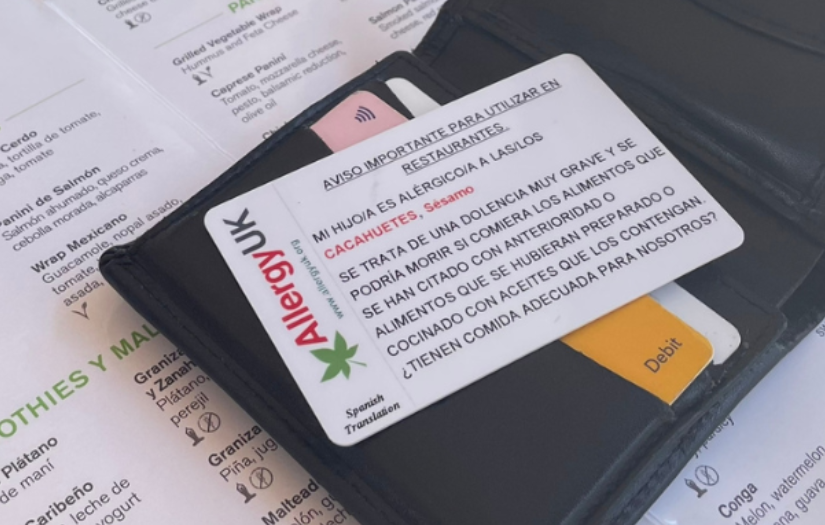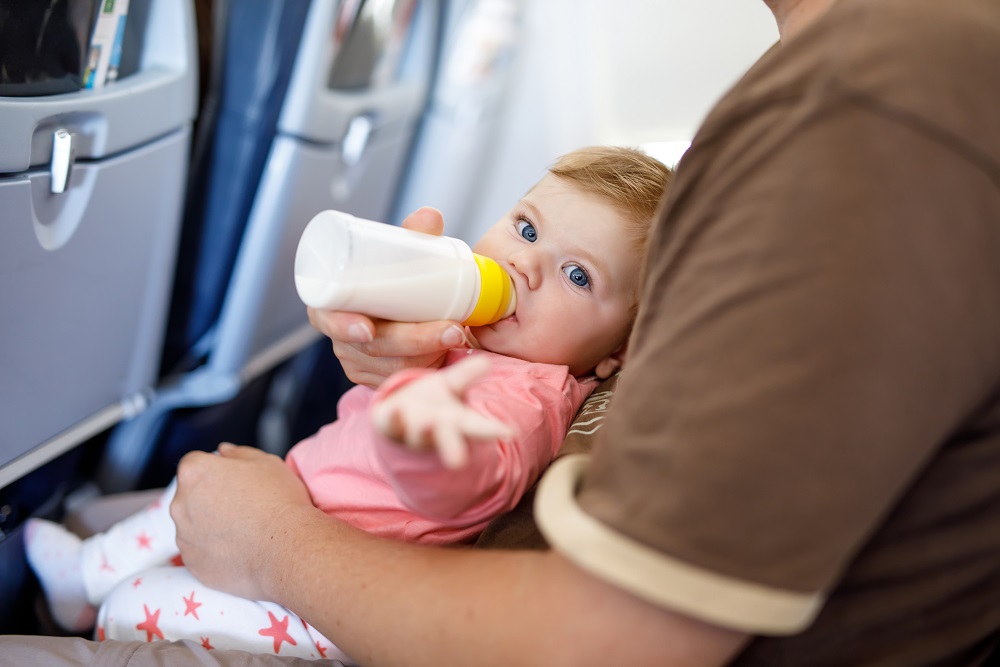Planning ahead
Having an allergy means you have to be aware of triggers which could affect your allergies on a day-to-day basis. However, if you plan, you can still enjoy travelling and holidays abroad.
The destination of your travel and choice of transport are important considerations when planning a holiday or travel.
When booking a holiday abroad, consider:
- How will you get there?
- Do you understand the language?
- Do you have adequate supplies of medication for your holiday?
- Do you have translation cards available?
- Have you found out where the nearest emergency department is?
- Do you know the number for emergency services?
- Does your travel insurance cover your allergies?
Travelling overseas may mean that language can be a barrier to communicating the needs of someone with a food allergy. Translation Cards are a useful way of communicating food allergy in another language and are useful for travel and when eating out whilst on holiday.

 Helpline
Helpline




